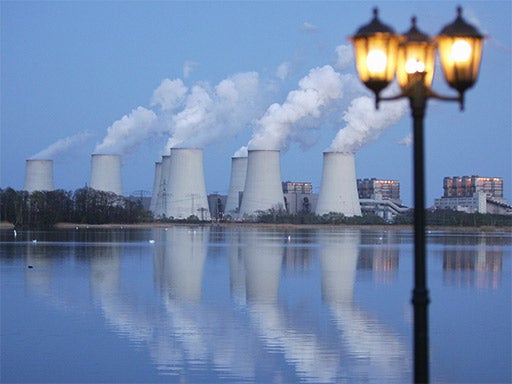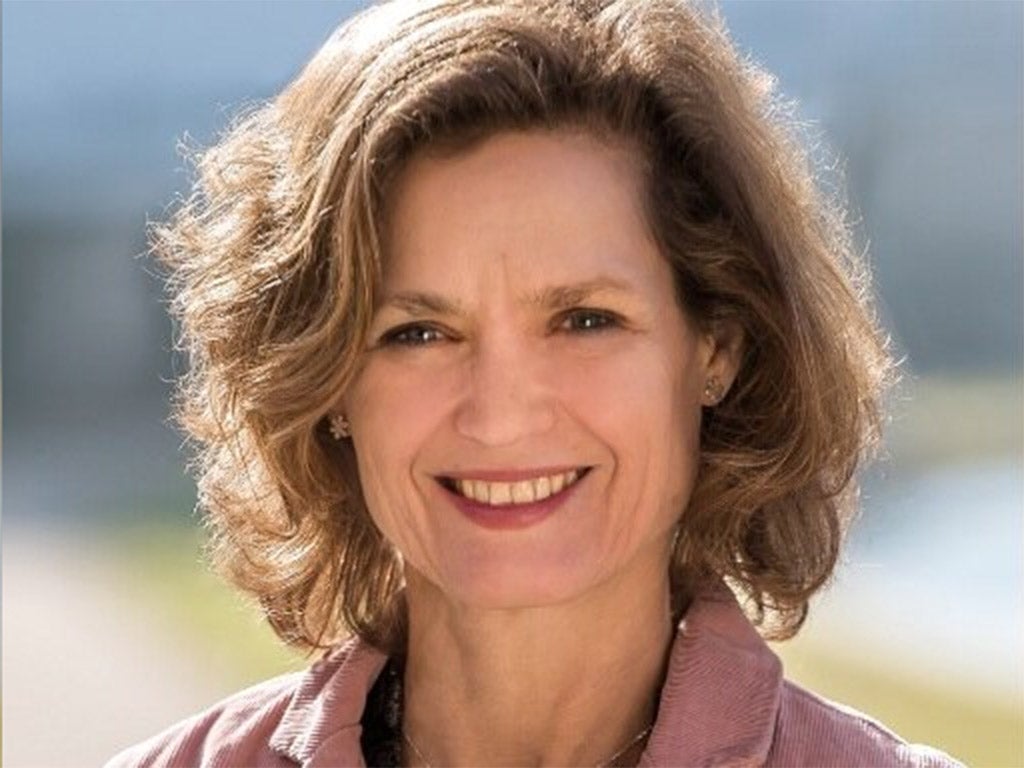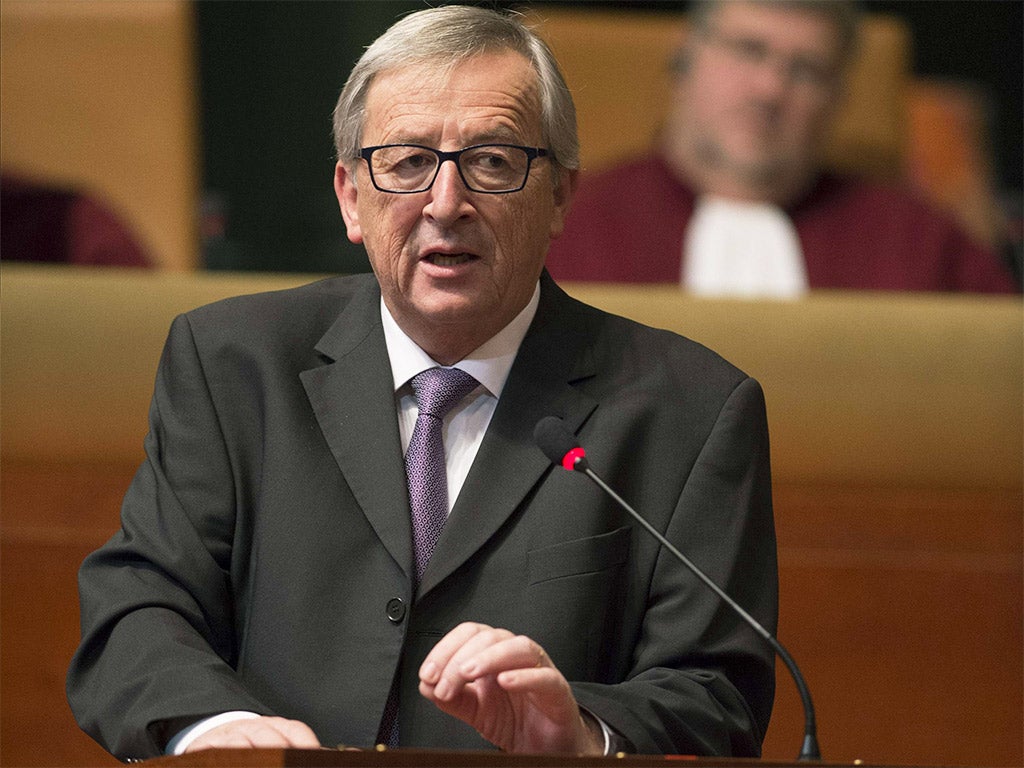Corporate lobbyists celebrate as EU budget clampdown collapses
Commission thwarts MEPs' attempt to reduce number of 'expert' advisers

Efforts to limit the influence of big business in European Union policy-making suffered a blow this week with the collapse of a budget freeze aimed at forcing reform of the corporate-dominated expert groups that advise on EU legislation.
A group of MEPs and transparency organisations have been campaigning to rein in the tens of thousands of “experts” brought in by the European Commission to help draft legislation and advise across all areas of EU policy-making. Right now, the critics say, tax dodgers are advising on transparency, fossil fuel industry on climate change, and speculators on financial regulation.
In theory, these groups of external specialists are a mix of NGOs, academics, consumer groups, trade unions, big business, and small and medium-size enterprise. But a report last year found that corporate interests continue to dominate, holding up to 80 per cent of the seats in some groups.
The European Parliament tried to curb their influence in October by freezing €4m (£3.16m) of the EC’s budget for the expert groups pending negotiations on reform. But late on Monday, they found out that the Commission had removed the freeze from the 2015 budget.
Helga Trüpel, a MEP with the German Green Party, said it was “very regrettable” that negotiators from the parliament had failed to force it back into the final agreement.
“Parliamentarians had clearly stated that we need to see a change on the side of the Commission and that we are no longer willing to accept a large number of expert groups being dominated by the influence of large business corporations,” she said.
“The European Commission should change their practice and make sure that expert groups are more balanced and more transparent.”

Despite the setback, campaigners say pressure is piling up on the Commission. The European Ombudsman, Emily O’Reilly, earlier this year opened an investigation into the groups, saying it was “of utmost importance for these groups to be balanced and to work as transparently as possible so that the public can trust and scrutinise their work”.
The new Commission President, Jean-Claude Juncker, is also under fire for Luxembourg’s reputation as a tax haven when he was Prime Minister from 1995 to 2013, and MEPs are hoping he will see reform of expert groups as a way to make good on his promise to increase transparency. “The whole question now is whether we can take him seriously,” said Ms Trüpel.
The Commission is responsible for proposing and drafting all new laws, and with the EU involved in increasing policy areas, it cannot hope to have the internal expertise needed to draft legislation on everything from insurance law to large carnivore protection. So it creates expert groups to provide input throughout the lengthy legislative process.
Pascoe Sabido from transparency watchdog Corporate Europe Observatory estimates there are between 700 and 800 expert groups advising the Commission, with up to 30,000 individuals having input at the most crucial stages of policy-making. He was one of the authors of a report last year by the umbrella group, Alliance for Lobbying Transparency and Ethics Regulation (ALTER-EU), which investigated expert groups created between 2012 to 2013.
Despite Parliament’s request in 2011 that the Commission reduce corporate dominance of the groups by opening up the application process with a public request for participation and correctly identifying the affiliation of everyone sitting in the groups, they saw little progress.
Of the 38 groups created in the timeframe, individuals openly identified as representing corporate interests held an average of 52 per cent of the seats on the groups, compared to 13 per cent for NGOs. In the tax and customs department, the figures for corporate dominance goes up to almost 80 per cent. And there were concerns the figures could be even higher, with ALTER-EU alleging that almost half of the people classed as independent experts do in fact represent big business.
Dennis de Jong, a Dutch MEP supporting Ms Trüpel, says a big problem is the massive disparity in spending power.

Corporate Europe Observatory estimates that lobbyists and multinationals spend €3bn year pushing their interests with EU institutions – roughly 20 times the amount that unions, consumer groups and NGOs combined have to spend. This means that lobbyists have the resources to be a constant presence at the institutions.
Mr de Jong says the EC could offer financial reimbursement to civil society figures who join expert groups, and also wants the Commission to seek out experts rather than simply wait for industry to come forward. Ms Trüpel is pushing for rules stating that there should be at least a 50-50 split between civil society and industry across all groups in the Commission.
A European Commission official said that while the institution was “engaged with MEPs in an open and intensive dialogue”, each group should be assessed on a case-by-case basis. “Judging whether a group benefits from a balanced representation cannot be a mere exercise in arithmetic, but it rather deserves a truly qualitative case-by-case assessment,” the official said.
He said the Commission remains “fully independent regarding the way they take into account the expertise”, and said they had made efforts to ensure more balanced composition of some groups.
But some campaigners wonder if big business deserves a place at the table at all. “Should we have tax dodgers in these groups? And in climate change, should the fossil fuel industry be anywhere near policy-making on climate change when they are the biggest barrier to progress?” asks Mr Sabido.
“I think we collectively need to ask the bigger question of what role should they play and how productive is that, if what we’re really trying to get is public interest policy making.”
All in it together: The 'expert groups'
With the EU estimated to be losing around €1trn (£800bn) a year in revenues because of tax dodging, the Commission is under pressure to clamp down. But one of the expert groups set up to do so – the Platform for Tax Good Governance – lists among its members BusinessEurope, which represents 20 million companies and is one of the biggest lobby firms working at EU level. Representing the Dutch Association of Tax Advisers in the group is a tax partner with PwC, the accountancy firm representing many of the companies named in the LuxLeaks scandal. The other large accounting firms KPMG, Deloitte and EY, all of which advise companies on tax optimisation, are in other tax-related expert groups, including the VAT Expert Group.
Another contentious expert group is the former De Larosière group, put together to advise on the financial crisis. Among its members were Goldman Sachs and Lehman Brothers; both faced questions about the reckless financial practices which contributed to the crisis.
The CARS 2020 expert group was set up in 2005, partly to regulate CO2 emissions, but its 16 seats are dominated by associations representing the car industry; they include the European Automobile Manufacturers’ Association, which counts Ford and BMW among its members. One of the five NGOs listed is the European Transport Safety Council, which advocates road safety but is sponsored by Shell, Toyota and Volvo.
Join our commenting forum
Join thought-provoking conversations, follow other Independent readers and see their replies
Comments
Bookmark popover
Removed from bookmarks